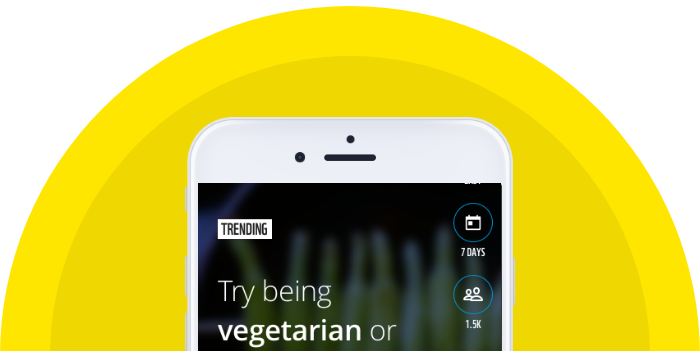Your Challenge
Learn the ancient skill of gathering wild food. In the UK, a lot of our native food grows in the wild, but many people have lost touch with what’s available. Maybe you’ve been blackberry picking and want to learn more, or perhaps you don’t know your dandelions from your damsons. Foraging is a great way to get out in nature and feel connected to the seasons. Enjoy a ramble and start to keep an eye out for things to forage.
To get started, we advise people to take part in a foraging lesson or a course with a trained professional. While there are many foods, such as blackberries, which are easy to identify, there are some foods such as mushrooms where it can be dangerous if you get it wrong. Only pick what you are 100% sure is safe. There are many books and resources you can purchase or download to guide you, but training is the best place to start.
There are many things to find out there, from edible plants, fungi and flowers such as wild strawberries, bilberries, yarrow, meadowsweet and mallow. Always forage responsibly, taking only what you need. And always obey local land laws and bylaws. Some landowners will not permit foraging and others may restrict what you can harvest and when, in order to protect sensitive ecosystems. For example, the Woodland Trust do not permit foraging but the National Trust do, provided that you follow their rules.
Make sure you forage in safe locations, avoiding the side of the road (not least because these foods may pick up traffic pollution), and areas where dogs or other animals may have defecated.
Four rules:
1. If you’re not sure what something is, never pick it.
2. If in doubt get training from a professional or references reliable source material.
3. Check the local laws and ask the landowner’s permission.
4. Leave plenty behind for wildlife and try not to trample over other plants.
Good luck!
Why you're doing this
Globally, 75% of food comes from only 12 plant and five animal species [1]. This puts pressure on land use and food production which is responsible for almost 60% of biodiversity loss and 30% of greenhouse gas emissions.
How you'll make a difference
By eating a more varied and plant-based diet we can help the planet. And foraging is a fantastic way to learn about UK plants and wildlife, while enjoying fresh air and picking up ancient, valuable life skills.
It is time to #FixTheFoodSystem. By doing this challenge you are also taking part in WWF-UK’s Eat4Change campaign to encourage sustainable diets and join the fight for our planet.
